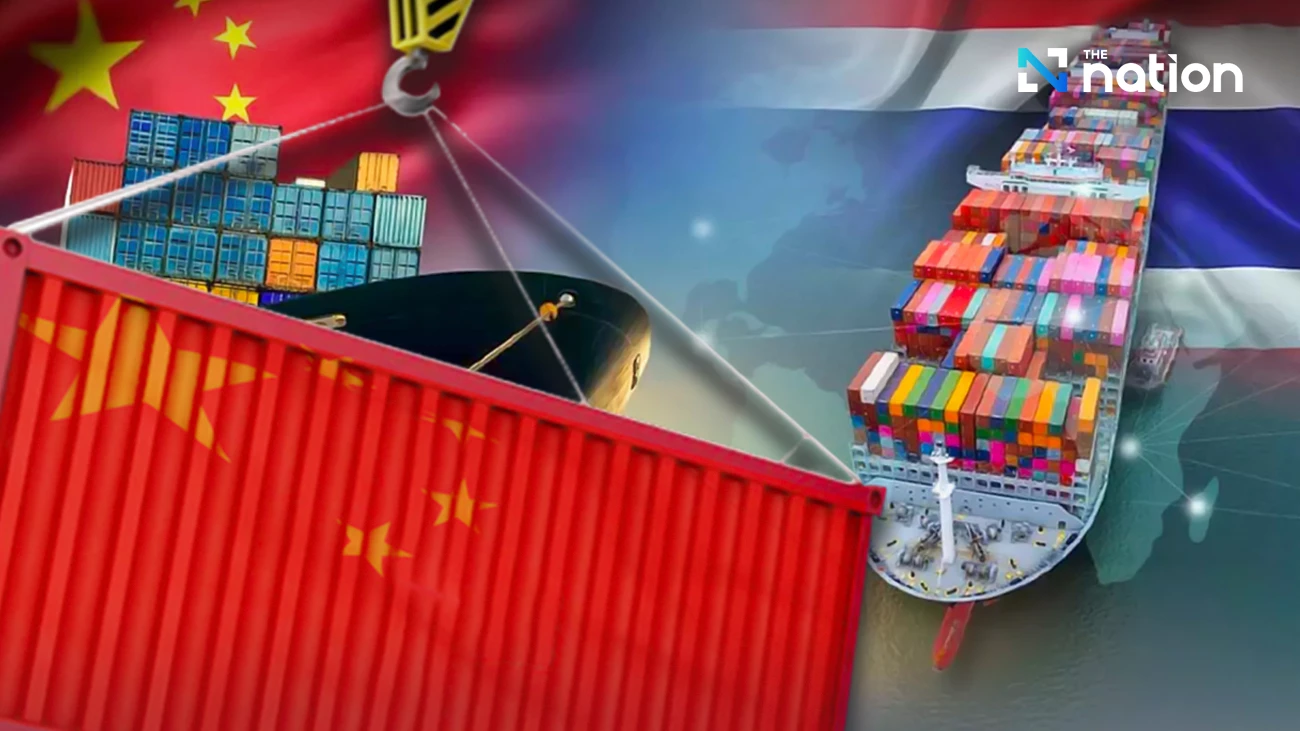
Specifically, the analysis found that:
Domestic consumption and Thailand’s export sector are becoming less reliant on domestically produced goods and increasingly dependent on imports, particularly from China. This is hindering the recovery of the industrial sector, especially for producers of steel, circuit boards, electrical appliances, vehicles, and parts.
Nearly 3,000 manufacturing businesses in Thailand might be operating as primarily ‘buy-and-sell’ entities or mere traders. It is plausible that some of these are involved in activities that misrepresent the origin of goods, especially in the circuit board, electronic components, automotive parts, plastics, aluminium, and electrical appliance industries.
The consequences of these trends include increased risk for Thai exporters facing stricter trade barrier measures. In the long term, Thailand’s economic structure could gradually transform from a producing nation to a role as a buyer and a transit country in global supply chains, leading to a continuous decline in domestic manufacturing activity.
However, proactive government policies encompassing protection, regulation, and promotion will be crucial mechanisms for preserving the long-term competitiveness of Thai industries.
While attracting foreign investment helps stimulate economic activity, and imported goods offer businesses and consumers wider choices and price points, a growth model reliant on ‘buy-and-sell’ operations and activities that do not generate genuine added value domestically could become a structural weakness.
Therefore, safeguarding domestic businesses, developing proactive policies to regulate investment, and carefully screening the scope and quality of imported goods are vital mechanisms for maintaining the competitiveness of Thai industries amidst rapidly changing global trade dynamics.

